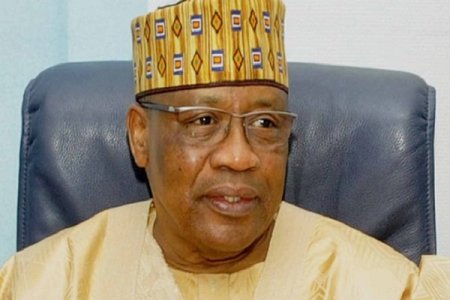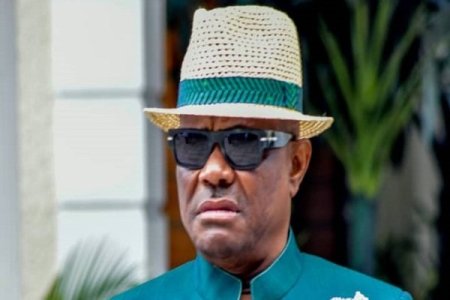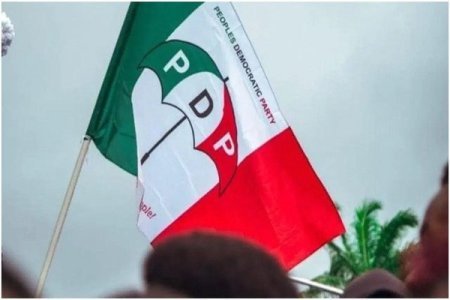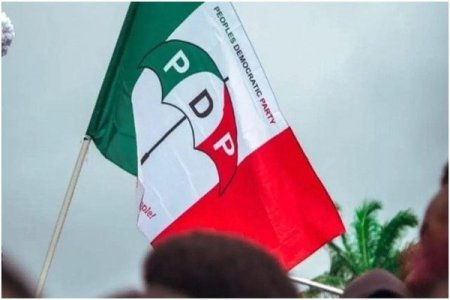
In his memoir A Journey in Service, former Nigerian military leader Ibrahim Babangida claims the annulment of the June 12, 1993 election was orchestrated by Sani Abacha without his approval. Babangida details the internal power struggle that led to the crisis, expressing regret over the controversial decision.
Former military president Ibrahim Babangida has revealed new insights into the annulment of Nigeria’s historic June 12, 1993, presidential election. In his newly released memoir, A Journey in Service, Babangida claims the decision to cancel the election—widely believed to have been won by MKO Abiola—was made without his authorization by top military officials, led by Sani Abacha.
Babangida recounts that he was in Katsina when the announcement was made by the press secretary of his deputy. He says he was stunned to learn that the election had been annulled, as he had not given any directive for such an action. He later discovered that Abacha, his chief of defense staff, had taken matters into his own hands, leveraging internal divisions within the military to push through the annulment.
He describes how, days before the election, a legal challenge emerged when the Association for a Better Nigeria (ABN) secured an injunction to halt the process. Despite conflicting opinions among his advisers, Babangida ultimately decided to allow the election to proceed. However, on June 16, the chairman of the electoral commission was abruptly ordered to stop announcing the results. Babangida now suggests that this move was orchestrated by powerful figures within his government who were determined to undermine the democratic transition.
By June 23, while attending a funeral in Katsina, he learned that the election had been formally annulled through an impromptu statement that lacked official documentation. He recalls feeling trapped, recognizing that forces beyond his control had taken over. With the military deeply divided and Abacha growing more powerful, Babangida resigned in August 1993, handing power to an interim government, which Abacha later removed.
In his memoir, Babangida expresses regret over the events, acknowledging that, while he did not order the annulment, he ultimately bears responsibility for what transpired.




